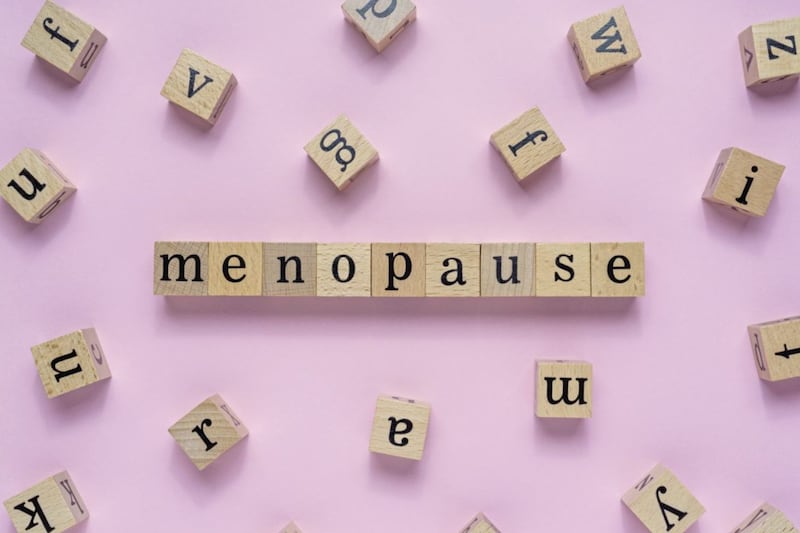STRESS – we all have it, some more than others. Traditionally experts have warned that stress is a very negtive emotion and that it is a major trigger for most of the big diseases and often is at the back of many more lesser illnesses.
But recently there is some suggestion that perhaps stress is not the demon that we have all been led to believe. What about if changing how we think about stress was all that was needed to take back control?
If you are constantly reinforcing to yourself and others that you are stressed, and talk about it in the most negative of terms, this may in itself be more harmful than the stressful issue.
A major study in the US, exploring the lives of 30,000 people and their perception of stress over an eight-year period, discovered something really interesting. What they observed was that it didn't seem to matter what the negative life event was – ie death or divorce, for example – it was how the person perceived their life which was the important message.
If the person didn't see their life as stressful, they seemed to not be as negatively affected by it. On the other hand, thinking the event was stressful increased the chances of that person dying by 43 per cent – that is massive. The study concluded that it is the combination of stress and believing that it is harmful that makes it damaging.
An English pyschologist, Dr Kelly McGonagle, who had recently relocated to the US, read this study. Its findings formed the basis of her latest book The Upside of Stress and the background to her Ted Talk How to Make Stress Your Friend (well worth the 14 minutes needed to watch it). The short version is that Dr McGonagle says "stress can in fact help us to rise to challenges, increase our performance, help us to be more social and productive and help us to learn and grow". That certainly changes the dynamic.
So how do you go about changing your perception of stress? Firstly you can take control by spending some time considering yourself and how you react to daily situations. You may be the sort of person who magnifies the negative aspects of a situation and filters out all of the positive ones. For example, say you had a great day at work. You completed your tasks ahead of time and were complimented for doing a speedy and thorough job. That evening, you focus only on the fact that you'd planned to do even more and forget about the compliments you received.
Another common issue is when something bad happens, you immediately blame yourself. For example, you hear that an evening out with friends is cancelled, and you assume that the change in plans is because no-one wanted to be around you.
Sometimes you can get stuck in a rhythm of automatically assuming the worst. One small thing can go wrong in your day and you immediately think that the rest of your day will be a disaster. Sometimes a person sees things only as either good or bad – there is no middle ground. You feel that you have to be perfect or you're a total failure. Letting go of thoughts like these can be such a revelation.
To change these patterns try practising only looking at the positives in any situation; consciously be aware of your negative thoughts but don't give them any time or practise changing the negative thought into a positive one. This takes time and effort as you're creating a new habit.
First of all, identify areas to change, that you typically think negatively about, whether it's work, your long drive to work or a relationship that is bothering you. Start small by focusing on one area to approach in a more positive way. Check yourself periodically during the day, stop and evaluate what you're thinking. If you find that your thoughts are mainly negative, try to find a way to put a positive spin on them.
Be open to humor and try to smile or laugh, especially during difficult times. Try to find humor in ordinary everyday happenings. Sometimes you need to make a conscious decision that you are going to be happy. Say to yourself every morning, 'Today is going to be a good day' – it greatly increases the chances of it being so.
When you can laugh at life and stop taking yourself so seriously, you feel less stressed. A lot of it is in your own attitude and when you start practising being happy the energy around you alters and how people treat you will also start to change.
Try getting some exercise at least three times a week. Doing something that you really enjoy can also positively affect your mood and reduce stress. Add into that following a healthy diet full of fresh fruit and vegetables and – especially helpful to your mood – plenty of oily fish and avocados or even take an omega 3 supplement for a while.
Make sure those in your life are positive, supportive people you can depend on to give helpful advice and feedback. Negative people may increase your stress level and make you doubt your ability to manage stress in healthy ways. Do a friend review and assess who enhances your life and how is an energy drain.
Practice positive self-talk. Start by following one simple rule: Don't say anything to yourself that you wouldn't say to anyone else. Be gentle and encouraging with yourself. If a negative thought enters your mind, evaluate it and change it's with positive thoughts and affirmations of what is good about you.
r.armstrong@irishnews.com








